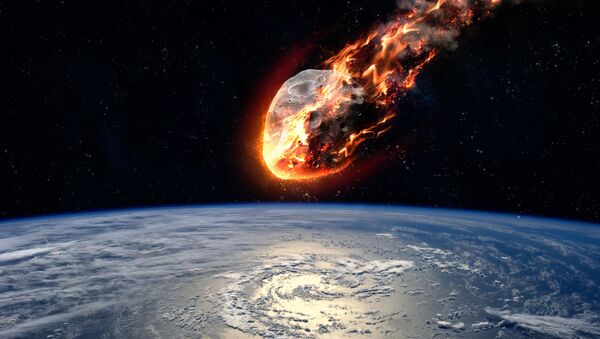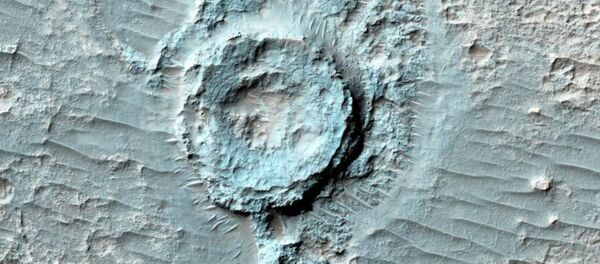The asteroid, smashing into the area now known as the Canadian province of Newfoundland and Labrador, led to the formation of the 17-mile-wide Mistastin Lake crater.
Just short of the sun's surface temperature — by roughly 673 degrees — researchers from Australia, Canada, Switzerland, and the US, based their findings on the presence of a synthesized material that can only form at melting temperatures of 4,298 degrees Fahrenheit or higher.
According to the study, published August in the Earth and Planetary Science Letters, the crater impact caused the mineral zircon to be transformed into cubic zirconia, a diamond-like stone.
"Nobody has even considered using zirconia as a recorder of temperatures of impact melts before," Nicholas Timms, the study's lead researcher, told the New Scientist. "This is the first time that we have an indication that real rocks can get that hot."
The study also noted "moderate sized impacts, comparable to Mistastin," played an important role in forming the composition of Earth's crust.
Though minerals typically vaporize at such high temperatures, making it impossible for scientists to accurately record what happened in the early years of Earth's formation, the scientists wrote in their study that the results are "most closely bridging the gap between nature and theory."




